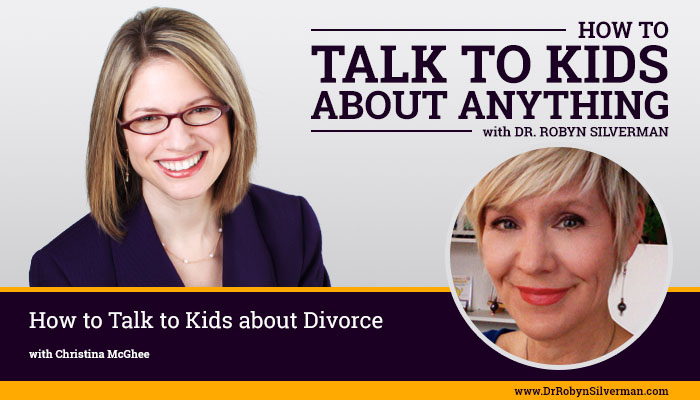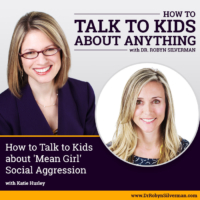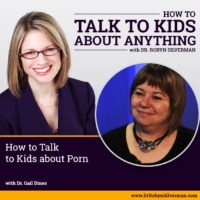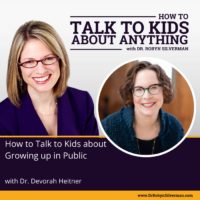Podcast: Play in new window | Download
Subscribe: Apple Podcasts | RSS | More
How to Talk to Kids About Divorce
This podcast will focus on how to help our kids cope with divorce. Christina McGhee provides the dos and don’ts when talking about this sensitive, emotion-filled topic as well as exactly what to say when we need to talk to kids about divorce. Christina McGhee provides many important messages about validation, mistakes, building your tribe, emotions and how to cope with the difficult circumstances that divorce brings into play.
Special Guest: Christina McGhee
This podcast provides:
- Tips: How to prepare to tell the kids about divorce and what to know, when best to say it and what to do if you are going to do so. The dos and don’ts of talking to kids about divorce.
- Scripts: What to say, step by step, when you need to tell your kids about a divorce in the family.
- Steps: The steps to take before you talk to your kids about getting a divorce.
- Barriers to success: Putting the kids in the middle, our own feelings about the experience, our assumption that our kids are “fine” and already know and understand.
Important Messages:
- Rarely do parents consider their own reactions or feelings as a factor in how their children are coping.
- Build your tribe so you can get through this difficult time.
- If both parents can talk to the kids together, that’s usually the best scenario- but not always.
- Practice this conversation before hand.
- Give your children time to process and time the conversation accordingly.
- Expect the unexpected- their reaction may not be what you thought it would be and the conversation may be the first of many.
- There are lots of subtle, ugly ways that parents can put kids in the middle.
- Many kids still hold onto the wish that their parents will get back together or would work their differences out.
- Wherever we can validate our kids’ feelings about divorce, it can be very helpful.
- Make sure kids know that the divorce is not their fault and they can’t fix it or change it. This is a grown-up problem.
- Children’s feelings can be different from the parents’ feelings.
- Be a good listener
- One million kids see their parents splitting up before their 16th birthday every year.
Notable Quotables:
- “As parents, it’s important to remember that our kids are stronger than we think. Our job is not to protect them from adversity but to help them find a way to get through it.”
- “It takes a lot more than will power and love to get through the [divorce] experience. It’s a big change. It completely levels life. In order to be the parent that your kids really need you to be, you’ve got to have support.”
- “Kids don’t need to be put in a situation where they become judge and jury- where they need to figure out who is right and who is wrong…you need to shield them from adult information and getting them drawn in the middle.”
- “Use the words ‘separation’ and ‘divorce.’ Avoid glossing it over or trying to sugarcoat it. Our kids are going to go out into the world and they need words to talk about what’s happening. It’s not a bad word; it’s a change in a family.
- “Divorce ends a marriage, not a family.”
- “We need to let our kids know; ‘even though this sucks, and it is so hard and it feels like the end of the world, I believe that you are strong enough to get through it and together, we will.’”
- “Two good people don’t always make a good couple.”
- A lot of us, when we are going trough a divorce, think that we’re supposed to just innately know how to deal with it. Nobody plans on getting a divorce when we get be married. Don’t be afraid to ask for help. You are not alone.








